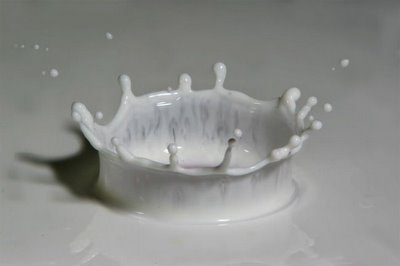



The laws of physics, I understand, decree that when one billiards ball (A) sets another billiards ball (B) in motion, the momentum lost by A exactly equals the momentum gained by B. This is a Law. That is, this is the pattern to which the movement of the two billiards balls must conform. Provided, of course that something sets ball A in motion. And here comes the snag. The law won’t set it in motion. It is usually a man with a cue who does that. But a man with a cue would send us back to free-will, so let us assume that it was lying on a table in a liner and that what set it in motion was a lurch of the ship. In that case it was not the law which produced the movement; it was a wave. And that wave, though it certainly moved according to--C.S. Lewis on the Laws of Nature (The Quotable Lewis :457-458)the laws of physics, was not moved by them. It was shoved by other waves, and by winds, and so forth. And however far you traced the story back you would never find the laws of Nature causing anything.
The dazzlingly obvious conclusion now arose, in my mind: in the whole history of the universe the laws of Nature have never produced a single event. They are the pattern to which every event must conform, provided only that it can be induced to happen.
[Edit: There are various philosophical problems with what Lewis said, yet that type of thinking has proven to be as good a start as any.]
No comments:
Post a Comment